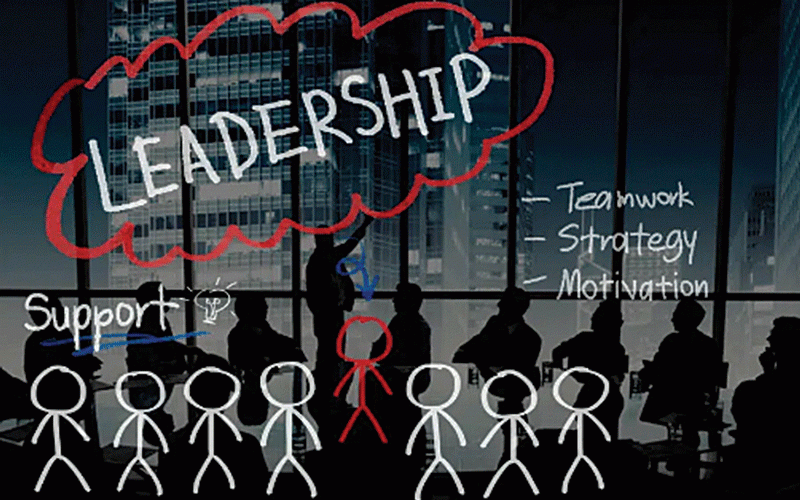
The desire to embrace social corporate responsibility early in the 1960s was as a result of business focus on impacting positively on stakeholders.
Purchasing and Supply with Nyasha Chizu
Some consider social corporate responsibility as a marketing tool while others consider it as merely window dressing by corporates. Procurement can play a pivotal role in promoting social corporate responsibility with their upstream partners, the suppliers. This can be achieved by the monitoring of suppliers to ensure compliance with social corporate responsibility requirements.
Businesses are now concerned with the triple bottom line, a concept that put emphasis on the people, the planet and profits when conducting business. People relates to fair and beneficial business practices towards labour, the community and the region in which these businesses operate.
Buyers must ensure policies are in place to ensure the do not engage suppliers that use child labour, that exploit staff by working them excessive hours; they pay less than the living wage; that discriminate on the grounds of gender, race, creed or colour and any other forms of exploitation that are against socially responsible corporates.
The human element of people extends to the treatment of suppliers as corporate bodies. It is important that buyers understand how well their suppliers treat their own suppliers. This implies imposition of corporate social responsibility from the upstream supply chain. This includes ensuring that suppliers in the upstream sector employ adequate personal safety safeguards and that appropriate medical care for staff is being provided.
Planet refers to sustainable environmental practice. Procurement must be instrumental in ensuring that suppliers are socially and ethically responsible, their operations have minimum environmental impact through the supply chain, that they are delivering economically sound solutions and that they adopt good business practice.
This ensures that environmental risk in the supply chain is minimised by reduction of greenhouse gas emissions, reduction in heavy water consumption, preservation of scarce resources, avoidance of illegal and unsustainable use of timber and natural resources and management of pollution by appropriate waste management.
- Chamisa under fire over US$120K donation
- Mavhunga puts DeMbare into Chibuku quarterfinals
- Pension funds bet on Cabora Bassa oilfields
- Councils defy govt fire tender directive
Keep Reading
Triple bottom line profits is different from accounting profit in that it is the economic value created by the organisation after deducting the costs of all inputs, including the costs of capital tied up. Procurement function is the catalyst of business profitability through efficient use of resources.
By adopting sustainable procurement as a business policy, buyer shall be able to question the need to buy. Economic profitability implies that the cost of capital is managed and such costs are also increased by the acquisition of material for stocking when it can be avoided.
If triple botton line is adopted as a policy, buyers shall insist on adopting strategies that reduce stockholding at the same time not compromising service delivery. They will promote re-use and recycling. Buyers will optimise transport efficiencies and minimize packaging costs as a strategy to contribute to economic profits.
A paradigm shift is therefore required in the way procurement is handled for both the public and private sector if society is serious about embracing social corporate responsibility in business.
Nyasha Chizu is a Fellow of the Chartered Institute of Purchasing and Supply writing in his personal capacity. Feedback: [email protected]











